the aforegoing permutation has not necessarily,
in real life,
in Nigeria,
held true
at all times
or
at most times.
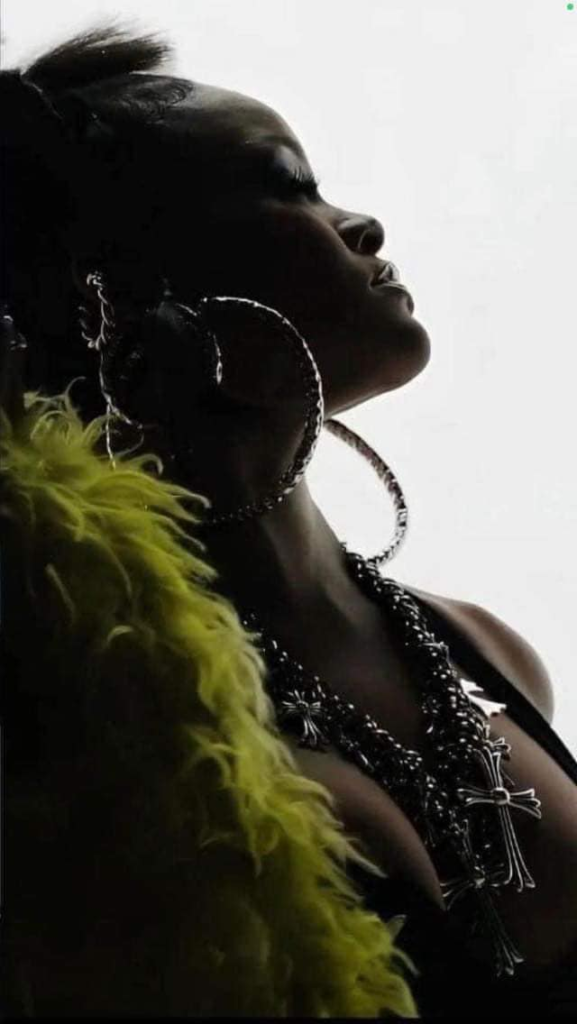

by this
i mean that
except perhaps for 3 instances in Nigeria history
▼⬇️▼⬇️▼⬇️
viz :

██(1) the 1959? Elections
which was the first ever prime-ministerial elections held in Nigeria
and which
Dr. Nnamdi Azikiwe ( Igbo / Ibo tribe )
running on the platform of the
the National Council of Nigeria Citizens ( NCNC ) Political Party
is rumoured to have won?.
regarding the 1959 prime-ministerial elections,
according to rumours, ►►➡️➡️
( .. according to rumours
because
the exact truth
the exact accurate information
regarding
some events in Nigeria’s existential past
is seemingly not generally available in
the Nigeria public space
and this
worrisome reality is
made all the more un-settling??
■ by the reality
■ by the circumstance
■ by the happenstance
that
Nigeria has
for some time?? now??
● not taught
● no longer taught
Nigeria history and History

as individual subject areas
like
Mathematics
or
Literature
in
Nigeria Primary schools ??
and
Nigeria Secondary schools ?? .. )
►►➡️➡️ the British Colonial Administration in Nigeria
which at that period in time
governed i.e ruled Nigeria
as a colony of Britain in Africa
was
❗️❓️totally against Nigeria becoming a self-ruling nation
❗️❓️ 100% against Nigeria becoming a self-ruling nation
❗️❓️completely against Nigeria becoming a self-ruling nation
and in a move
designed to prevent / stop Nigeria

permanently
or
at least for many years
? from becoming a self-ruling nation
? from becoming a self-governing nation
? from becoming an independent nation
? from attaining / achieving independence
introduced a caveat into the process
being the conditionality that
if the elections are held
and
the elections results announced
and
any of the political parties that participated in the elections
says that it disagrees with the results of the elections
then
the independence of Nigeria will be postponed indefinitely.

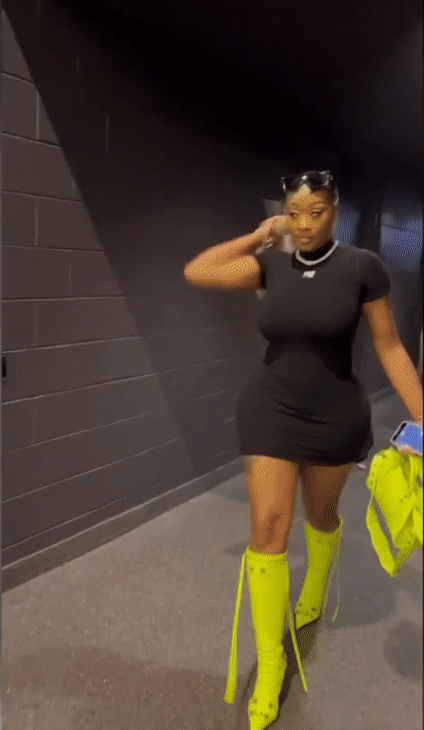
according to rumours,
in those 1959? elections
(a) the National Council of Nigeria Citizens ( NCNC ) political party
fielding
Dr. Nnamdi Azikiwe ( Igbo/ Ibo tribe)
for the office of Prime Minister of Nigeria
had the highest number of votes.
(b) the Action Group ( AG ) political party
fielding
Chief Obafemi Awolowo ( Yoruba tribe)
for the office of Prime Minister of Nigeria
had the second highest number of votes.
(c) the Northern Peoples Congress ( NPC ) political party
fielding
Alhaji Sir Abubakar TafewaBalewa ( Fulani tribe)
for the office of Prime Minister of Nigeria
had the third highest number of votes.
according to rumours,
the NPC ( Northern Peoples Congress )
said that
it does not agree with the results of the elections
and
in order to prevent
the British Colonial Administration of Nigeria
from
postponing the independence of Nigeria scheduled for 1960
indefinitely
the NCNC and it’s candidate Dr. Nnamdi Azikiwe
offered up the position of prime minister
to Alhaji Sir Abubakar Tafewa Balewa
and
offered up the position of dominant political party of government
to the NPC ( Northern Peoples Congress ).
these are rumours.
perhaps authorities in International History
specialising in the history of West(ern) Africa
may be able to elucidate
with certainty
the events of that period
and
the true actual winner(s) of those 1959? (Prime-Ministerial?) elections.

██(2) the 1993 Presidential Elections
which
Alhaji M.K.O Abiola ( Yoruba tribe ) of
the Social Democratic Party ( SDP ) won?.
this election is rumoured to
have been significant
in Nigeria Political History
because
the OPTION A-4 METHOD of voting
initiated? and implemented by the
then
Professor Humphrey Nwosu chairmaned
NEC ? ( National Electoral Commission ) ?
later re-named
INEC ? ( Independent National Electoral Commission ) ?
by which
voters lined up / queued
in front of the vote-counting box i.e ballot box of the candidate / party
they were voting for
and
in which / by which
there was
instant counting of the votes
there and then
and
in which / by which
there was
instant declaration of the results of polling
at that/any polling booth
right there and then
made it difficult to rig or manipulate the election results.
in a nut-shell,
the results of this elections were annulled.
notable happenstances pertaining to this election
include, amongst others that :
█ Chief Ernest Shonekan ( Yoruba tribe ) became
Head of an Interim National Government ( ING )
that managed the affairs of Nigeria
for some interim period
after the election results were annulled
and
in which i.e during which there was
● no de-facto President of Nigeria
● no de-facto ruler of Nigeria
█ Nigeria Army General Ibrahim Badamasi Babangida,
Military President of Nigeria
and
Commander in Chief
of the
Nigeria Armed Forces Ruling Council ( AFRC )
and
ruler of Nigeria at the time
was pulled out.
█ eventually,
Nigeria Army General Sanni Abacha ( Fulani tribe ) became
ruler of Nigeria as the
Military Head of State of Nigeria
and
Commander in Chief of the
Nigeria Armed Forces Ruling Council ( AFRC ).
█ Chief Moshood Kolawale O. Abiola died in prison.

██(3) the 1999 Presidential Elections
which
Chief Olusegun Obasanjo ( Yoruba tribe ) of the
Peoples Democratic Party ( PDP )
won.
Chief Olusegun Obasanjo had
had a sterling and brilliant military career
in the Nigeria Army.
he was ruler of Nigeria in 1976 as
Nigeria Army General Olusegun Obasanjo,
Military Head of State
and
Commander in Chief of the
Nigeria Supreme Military Council ( SMC ).
in 1979,
he handed over power and government
to a
democratically elected civilian government of Nigeria
headed by
Alhaji Shehu Shagari ( Fulani tribe ) as
President of the Federal Republic of Nigeria.
Alhaji Shehu Shagari was a member of the
NPN ( National Party of Nigeria ) political party.
Nigeria Army General ( retired ) Olusegun Obasanjo had
actually been imprisoned
on allegations? of coup? plotting?
against the Military Government
headed by Nigeria Army General Sanni Abacha.
General ( retired ) Olusegun Obasanjo was released from prison after
the sudden? unexpected? death of General Sanni Abacha
and
contested for
the office of President
as a civilian
on the platform of the
Peoples Democratic Party ( PDP )
and
won the election.
▼⬇️▼⬇️▼⬇️
it would seem that
most of the candidates
are
either
●● supported broadly in their own native geographical zone
e.g
South-West zone
South-East zone
South-South zone
North-West zone
North-East zone
North-Central zone
BUT NOT broadly supported
across the entire region
that
their own native geographical zone is a part of
e.g

▲ a candidate from the South-West Zone
may be hugely supported in his/her native South-West Zone
but
may not be
broadly supported across the entire Southern Nigeria
i.e
may not be
broadly supported across the other 2 geographical zones
in Southern Nigeria
viz : the South-East zone and the South-South zone

▲ a candidate from the South-East Zone
may be hugely supported in his/her native South-East Zone
but
may not be
broadly supported across the entire Southern Nigeria
i.e
may not be
broadly supported across the other 2 geographical zones
in Southern Nigeria
viz : the South-West zone and the South-South zone
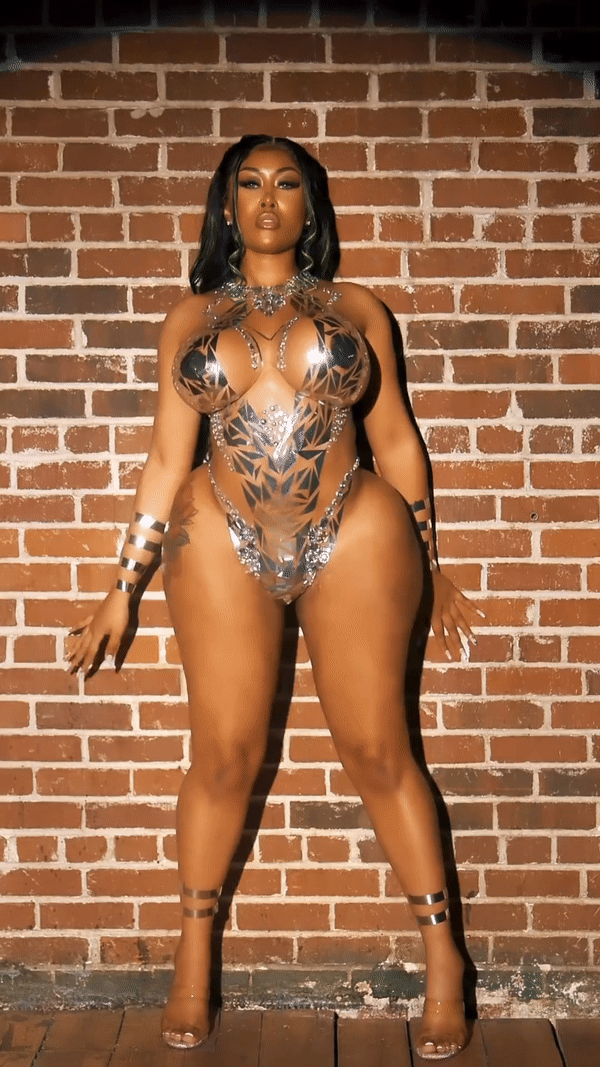
▲ a candidate from the South-South Zone
may be hugely supported in his/her native South-South Zone
but
may not be
broadly supported across the entire Southern Nigeria
i.e
may not be
broadly supported across the other 2 geographical zones
in Southern Nigeria
viz : the South-East zone and the South-West zone
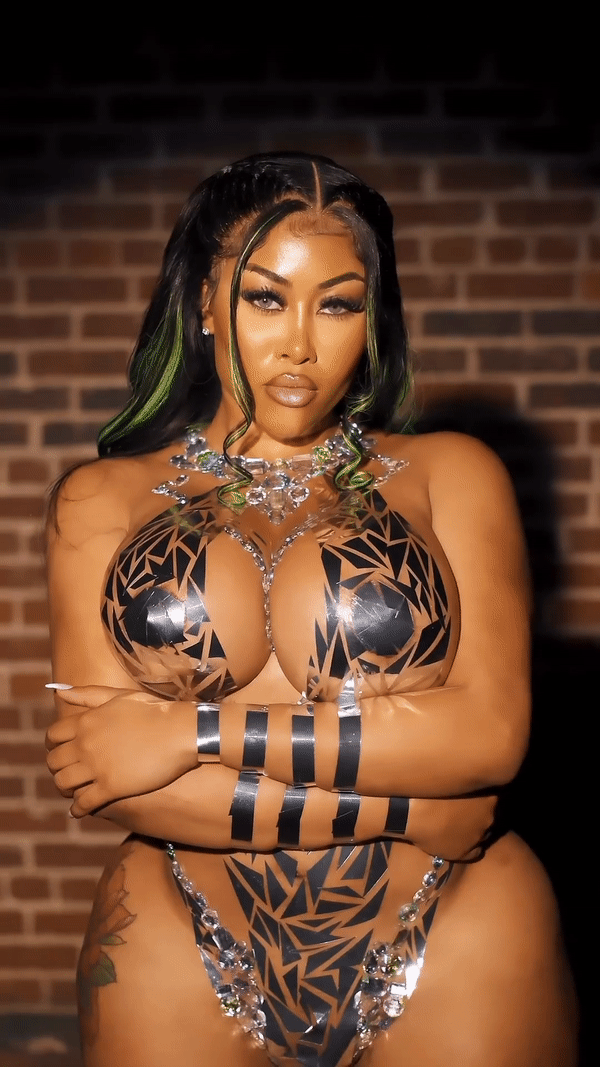
▲ a candidate from the North-West Zone
may be hugely supported in his/her native North-West Zone
but
may not be
broadly supported across the entire Northern Nigeria
i.e
may not be
broadly supported across the other 2 geographical zones
in Northern Nigeria
viz : the North-East zone and the North-Central zone
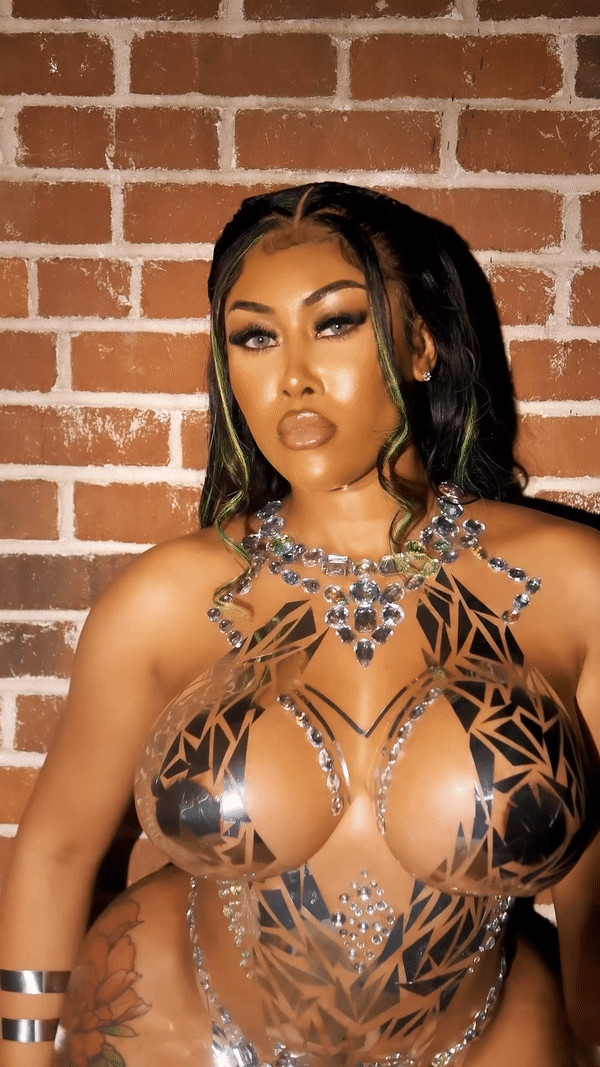
▲ a candidate from the North-East Zone
may be hugely supported in his/her native North-East Zone
but
may not be
broadly supported across the entire Northern Nigeria
i.e
may not be
broadly supported across the other 2 geographical zones
in Northern Nigeria
viz : the North-West zone and the North-Central zone
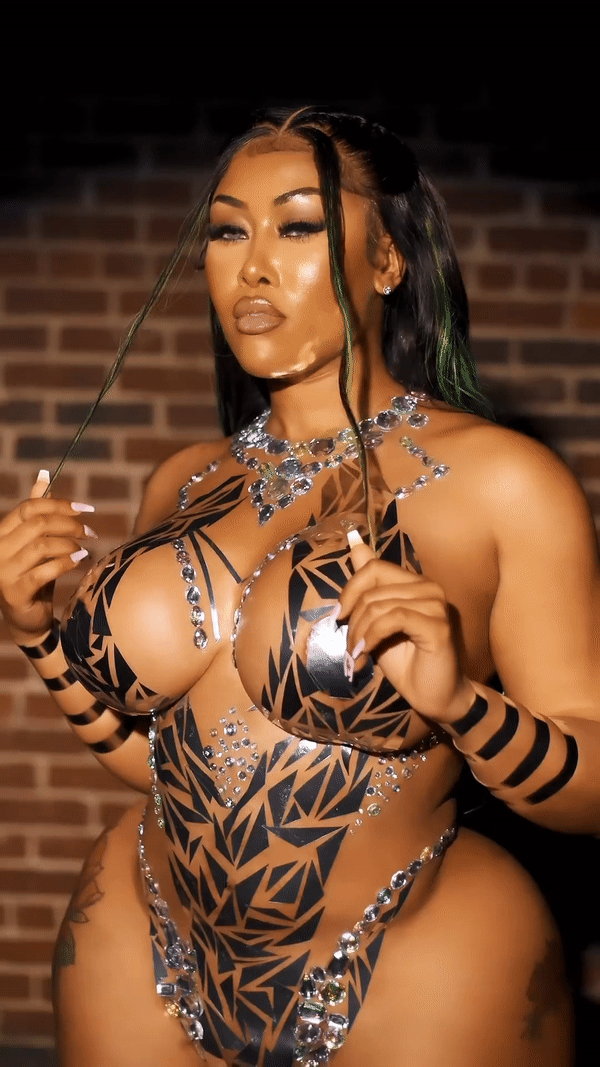
▲ a candidate from the North-Central Zone
may be hugely supported in his/her native North-Central Zone
but
may not be
broadly supported across the entire Northern Nigeria
i.e
may not be
broadly supported across the other 2 geographical zones
in Northern Nigeria
viz : the North-West zone and the North-East zone
and
ALSO NOT broadly supported
in both of the 2 major regions of Nigeria
i.e
in both
Southern Nigeria Region
and
Northern Nigeria Region
even though he/she may be
hugely supported in his/her own native geographical zone
or
●● supported broadly in their own native geographical zone
e.g
North-West zone
North-East zone
North-Central zone
South-West zone
South-East zone
South-South zone
AND broadly supported
across the entire region
e.g

▲ a candidate from the North-West Zone
may be hugely supported in his/her native North-West Zone
and also
broadly supported across the entire Northern Nigeria
i.e
broadly supported across the other 2 geographical zones
in Northern Nigeria
viz : the North-East zone and the North-Central zone

▲ a candidate from the North-East Zone
may be hugely supported in his/her native North-East Zone
and also
broadly supported across the entire Northern Nigeria
i.e
broadly supported across the other 2 geographical zones
in Northern Nigeria
viz : the North-West zone and the North-Central zone

▲ a candidate from the North-Central Zone
may be hugely supported in his/her native North-Central Zone
and also
broadly supported across the entire Northern Nigeria
i.e
broadly supported across the other 2 geographical zones
in Northern Nigeria
viz : the North-East zone and the North-Central zone

▲ a candidate from the South-West Zone
may be hugely supported in his/her native South-West Zone
and also
broadly supported across the entire Southern Nigeria
i.e
broadly supported across the other 2 geographical zones
in Southern Nigeria
viz : the South-East zone and the South-South zone

▲ a candidate from the South-East Zone
may be hugely supported in his/her native South-East Zone
and also
broadly supported across the entire Southern Nigeria
i.e
broadly supported across the other 2 geographical zones
in Southern Nigeria
viz : the South-West zone and the South-South zone

▲ a candidate from the South-South Zone
may be hugely supported in his/her native South-South Zone
and also
broadly supported across the entire Southern Nigeria
i.e
broadly supported across the other 2 geographical zones
in Southern Nigeria
viz : the South-West zone and the South-East zone
BUT NOT broadly supported
in both of the 2 major regions of Nigeria
i.e
in both
Southern Nigeria Region
and
Northern Nigeria Region
even though he/she may be
hugely supported in his/her own native geographical zone
and in the
immediate geographical region of Nigeria
that his/her own native geographical zone
is part of.
this has led to
such candidates
picking and having running mates
( i.e candidates for the post of Vice-President of Nigeria )
for the elections from the other region that
they are not natives of
i.e
they are not natively from
and where
perhaps
they do not have broad base support.
let me illustrate this by way of example(s) from
the political history of Nigeria.


DISCLAIMER and NOTICE OF DISCLAIMER
VIRTUALLY ALL THE PHOTOS USED IN THIS BLOG WERE SOURCED FROM AND HAVE BEEN SOURCED FROM THE INTERNET.
WE DO NOT OWN OR HOLD THE COPYRIGHT(S) TO THE PHOTOS AND WE DO NOT CLAIM THAT WE OWN OR HOLD THE COPYRIGHTS TO THE PHOTOS.
ANY INFRINGEMENT ON COPYRIGHT IS UNINTENDED AND UNINTENTIONAL.
IMMEDIATELY WE BECOME AWARE OF ANY INFRINGEMENT WE WILL DELETE SUCH PHOTOS TOTALLY, COMPLETELY AND PERMANENTLY FROM THE BLOG.
NOTICE OF WORK IN PROGRESS :
please note that while this piece has been posted,
it is in fundamental essence
and
to all intents and purposes
a WORK IN PROGRESS
and shall thus be updated and edited
from time to time accordingly
until such a time that the work stands or can stand for itself





